Kyrsten Sinema becomes first openly bisexual U.S. Senate nominee
Sinema joins a number of LGBTQ candidates who triumphed in primaries on Tuesday

U.S. Rep. Kyrsten Sinema has made history as the first openly bisexual person to be nominated for the U.S. Senate.
Democratic voters in Arizona selected Sinema, a former social worker, teacher, and state legislator, as their nominee for the Senate seat being vacated by retiring U.S. Sen. Jeff Flake (R).
Sinema’s nearly 60-point victory over Deedra Abboud, an outspoken progressive in the Bernie Sanders mold, makes her the first openly bisexual person to be nominated by a major political party for the Senate.
She will face off against Republican U.S. Rep. Martha McSally, a former Air Force pilot who has amassed an anti-LGBTQ voting record over her two terms in Congress. But Democrats believe, despite Arizona’s traditionally Republican lean, that Sinema is one of the few candidates who could flip a Republican Senate seat, which could affect the balance of power in the U.S. Senate.
Both the LGBTQ Victory Fund and the Human Rights Campaign, which endorsed Sinema, praised her historic primary victory.
“Arizona voters shattered a lavender ceiling in selecting Kyrsten Sinema as the Democratic nominee for U.S. Senate — and it puts her on-track to be just the second openly LGBTQ U.S. Senator in American history,” Annise Parker, the president and CEO of the LGBTQ Victory Fund, said in a statement.
“This race is consequential not just for the Democratic party and for the LGBTQ community, but for all Americans who demand an end to the political divisiveness that Martha McSally embodies,” Parker added. “An LGBTQ Senate candidate taking down an anti-LGBTQ opponent in a red state will be a defining moment in this year’s rainbow political wave — and will further the evolution in how Americans view LGBTQ people and candidates.”
HRC, which has identified at least 800,000 so-called “equality voters” — LGBTQ people or allies who say a candidate’s stance on LGBTQ rights is influential in choosing a candidate to vote for — in Arizona, hopes to mobilize those voters in the coming weeks to ensure Sinema emerges victorious.
“HRC proudly supports pro-equality champion Rep. Kyrsten Sinema — a strong, effective leader who puts solutions first and fights to ensure every Arizonan has a shot at the American Dream,” Justin Unga, HRC’s Arizona State Director, said in a statement. “The stakes in November could not be clearer.”
Sinema’s victory came on a night where at least 10 openly LGBTQ candidates won their primary contests.
Five other LGBTQ candidates in Arizona were successful, with Andres Cano, Daniel Hernandez, and Cesar Chavez winning primaries for the State House of Representatives, and Darlene Martinez winning her three-way race for Constable of the Downtown Justice Court with 63% of the vote.
In the state’s 23rd State Senate District, Daria Lohman won her primary. If she wins, Lohman will become the first openly transgender person to be elected in the state.
In the state’s 5th Congressional District, which covers the Phoenix suburbs, Joan Greene, a small business owner, won the Democratic nomination to take on U.S. Rep. Andy Biggs. But State Rep. Matt Heinz, an openly gay physician, lost his Democratic primary to former U.S. Rep. Ann Kirkpatrick in the Tucson-based 2nd Congressional District.
In Florida, Democratic voters in the state’s 18th Congressional District chose Lauren Baer, a former foreign policy advisor during the Obama administration, to challenge anti-LGBTQ incumbent Republican U.S. Rep. Brian Mast. Baer defeated former U.S. Navy JAG attorney Pam Keith by almost 20 points in her primary.
If successful, Baer would be one of the first LGBTQ mothers elected to the body, sharing that distinction with Minnesota congressional candidate Angie Craig and Oregon congressional candidate Jamie McLeod-Skinner.
“Democratic primary voters are demanding authentic, values-driven leaders who prioritize policies over politics — and they are finding those leaders in LGBTQ candidates like Lauren,” Parker said in a statement. “This is not about sexual orientation or gender identity explicitly, it is about the struggles and experiences of LGBTQ candidates providing perspectives and priorities that resonate with voters.”
David Richardson, who made history as Florida’s first openly gay state representative, lost his primary race to Donna Shalala, the former Secretary of Health and Human Services for the Clinton administration. Richardson had been seeking the 27th Congressional District seat left open by the retirement of Republican U.S. Rep. Ileana Ros-Lehtinen.
Both the 18th and 27th Congressional Districts are considered top pickup opportunities for Democrats as they seek to gain control of the U.S. House of Representatives this November.
Other Florida LGBTQ candidates fared well, with incumbent Carlos Guillermo Smith winning his primary race for an Orlando-area seat in the State House of Representatives, and Jennifer Webb winning the Democratic nod for an open St. Petersburg-area seat. But their fellow LGBTQ candidate Cedric McMinn fell short in his race for a North Miami-area seat.
Baer, Richardson, and Smith were also among eight Florida candidates — both LGBTQ and allies — who earned endorsements from the Pride Fund to End Gun Violence, which was launched in the aftermath of the 2016 Pulse nightclub shooting. Of those eight, seven will advance to the general election.
In total, most of the gains made by LGBTQ party nominees have come on the Democratic side this year, with 16 LGBTQ candidates advancing to the general election for seats in Congress, 11 LGBTQ candidates winning primaries for statewide office, and more than 60 winning nominations for state legislative seats.
Support Metro Weekly’s Journalism
These are challenging times for news organizations. And yet it’s crucial we stay active and provide vital resources and information to both our local readers and the world. So won’t you please take a moment and consider supporting Metro Weekly with a membership? For as little as $5 a month, you can help ensure Metro Weekly magazine and MetroWeekly.com remain free, viable resources as we provide the best, most diverse, culturally-resonant LGBTQ coverage in both the D.C. region and around the world. Memberships come with exclusive perks and discounts, your own personal digital delivery of each week’s magazine (and an archive), access to our Member's Lounge when it launches this fall, and exclusive members-only items like Metro Weekly Membership Mugs and Tote Bags! Check out all our membership levels here and please join us today!











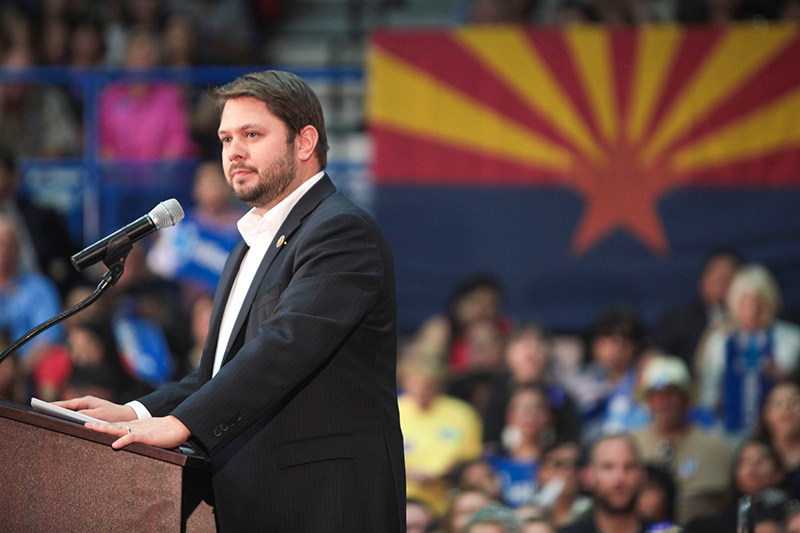
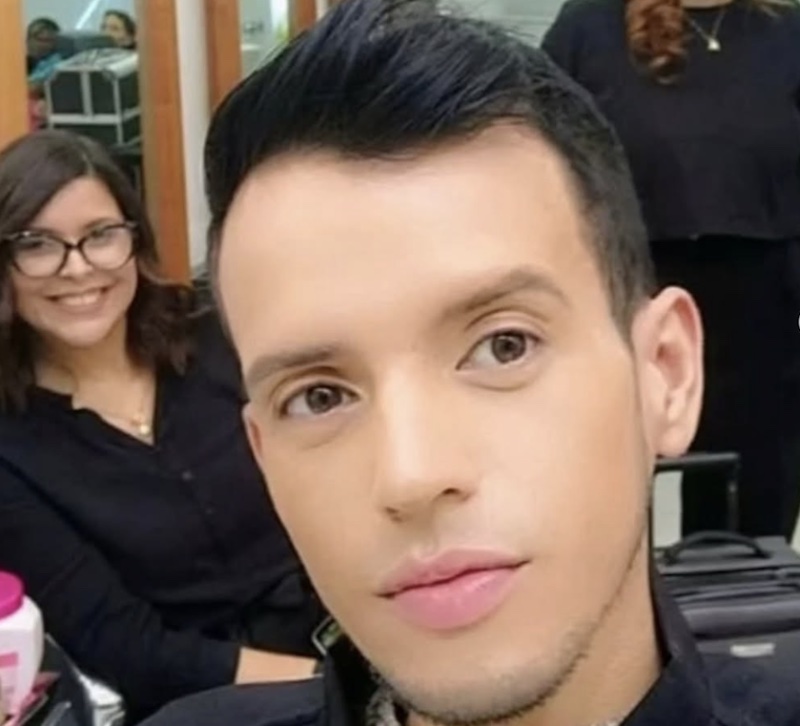












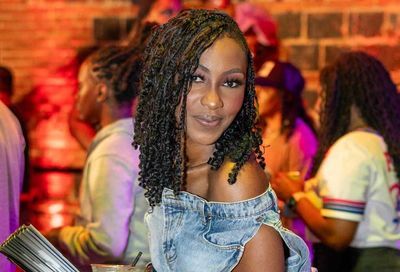
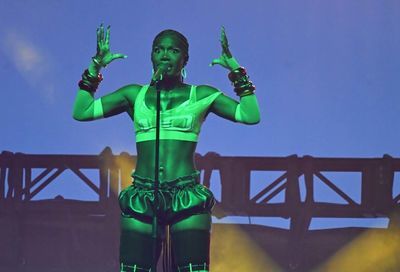
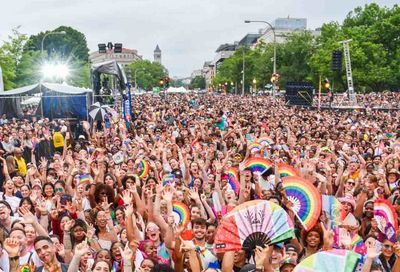
You must be logged in to post a comment.